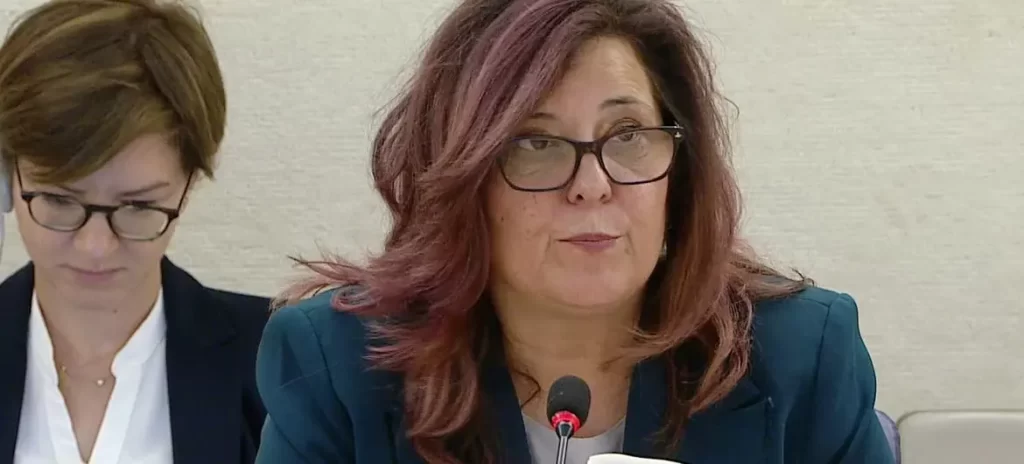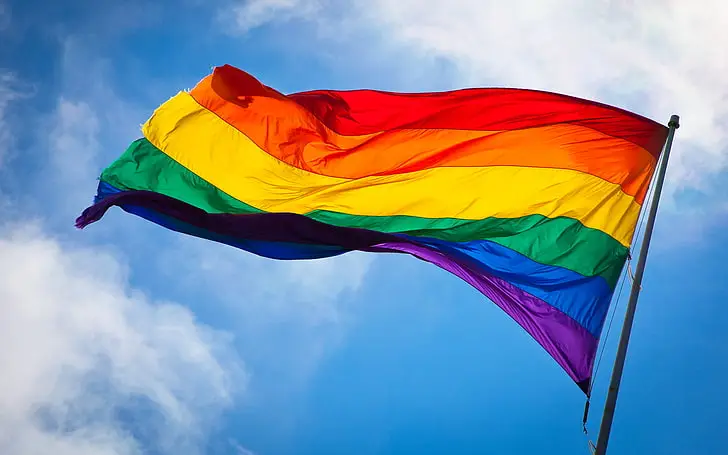
LGBT, This effectively prohibits any public LGBT activities and organisations in the country. The verdict “significantly distances” Russia from its obligations under international law to promote and preserve human rights for all, according to the nine UN Human Rights Council-appointed experts.
On Monday, the experts issued an official letter to the Russian government stating their grave concerns, continuing a pattern of reported State-sponsored human rights breaches against lesbian, gay, bisexual, trans, and other gender-diverse (LGBT) residents.
Bars and clubs are being targeted.

They said that Russia had conducted searches on the previous days in Moscow and Saint Petersburg on sites frequented by LGBT people, including LGBT-friendly bars and clubs. Police in balaclavas broke in and conducted unannounced inspections of the premises, while guests had their identity credentials verified and photographed, raising the danger of harassment or misuse of their personal information, according to a press statement published by the UN Office for the Coordination of Human Rights (OCHR).
“The immediate and highly publicised nature of these police actions appears to be aimed at intimidating and instilling fear within the LGBT community in Russia,” according to the United Nations. They warned that human rights defenders and groups defending the LGBT community have been forced to cease operations due to “fear of criminal prosecution,” noting that several lawyers and human rights defenders serving LGBT clients have already done so.
“This jeopardises access to legal representation and justice for victims of discrimination, violence, and other crimes based on sexual orientation and gender identity,” according to the authors. This decision “marks the latest step in a series of legislative initiatives and related actions, eroding any last remaining human rights safeguards for LGBT persons in Russia,” according to the experts.
UN Special Rapporteurs and other rights experts are not paid for their work and work in their independent capacity, not on behalf of any country or group.
'Unprecedented' hunger epidemic in Africa: 75% unable to purchase nutritious food
More than a billion Africans cannot afford a nutritious meal, and over one-third of the continent’s children are stunted due to malnutrition. The UN Food and Agriculture Organisation (FAO), the UN Economic Commission for Africa (UNECA), the World Food Programme (WFP), and the African Union Commission presented a report on Thursday that revealed these sobering facts.
It cautions that 78% of Africa’s population, including many living over the severe poverty line, lacks the resources to eat healthily, compared to 42% globally. According to the survey, one in every five Africans is malnourished, which amounts to almost 282 million people, or a quarter more than before the COVID-19 pandemic. According to the study, the incidence of stunting among children under the age of five would be 30% in 2022.
The authors hoped that the worrisome numbers pointing to a “unprecedented” food security and malnutrition crisis would “trigger new momentum for agrifood systems transformation in Africa” to make them more inclusive, resilient, and sustainable.
Experts advocate for a renewed focus on long-term health issues associated with childbirth.
According to a new study published in The Lancet Global Health and highlighted by the UN health agency (WHO), at least 40 million women are at risk of developing a long-term health problem as a result of childbirth each year. The study, which is part of a special Series on maternal health, reveals a high burden of postnatal disorders that remain months or even years after giving birth. discomfort during sexual intercourse (dypareunia), which affects more than one-third of postpartum women, low back discomfort, anal incontinence, and urine incontinence are among them.
Anxiety, depression, perineal pain, birthing phobia, and secondary infertility are among the other issues. The authors of the report advocate for better acknowledgment of these prevalent concerns within healthcare systems, many of which emerge after women generally have access to postnatal therapies, according to WHO. They claim that effective treatment throughout pregnancy and labour is also a significant preventive element in detecting hazards and avoiding problems that can lead to long-term health difficulties after birth.
Daily adversity
“Many postpartum conditions cause significant suffering in women’s daily lives long after birth, both emotionally and physically, and yet they are largely underappreciated, underrecognized, and underreported,” said Dr. Pascale Allotey, World Health Organisation Director of Sexual and Reproductive Health and Research. Women need access to a variety of services from healthcare practitioners who listen to their concerns and address their needs throughout their lives, and after maternity, so they can not only survive childbirth but also have good health and quality of life.”
Despite their prevalence, these disorders have been largely ignored in clinical research, practice, and policy, according to the article. The authors found no recent high-quality guidelines published in the last 12 years to support successful treatment for almost 40% of the 32 priority illnesses studied, and they couldn’t identify a single high-quality guideline from a poor or middle-income country.
